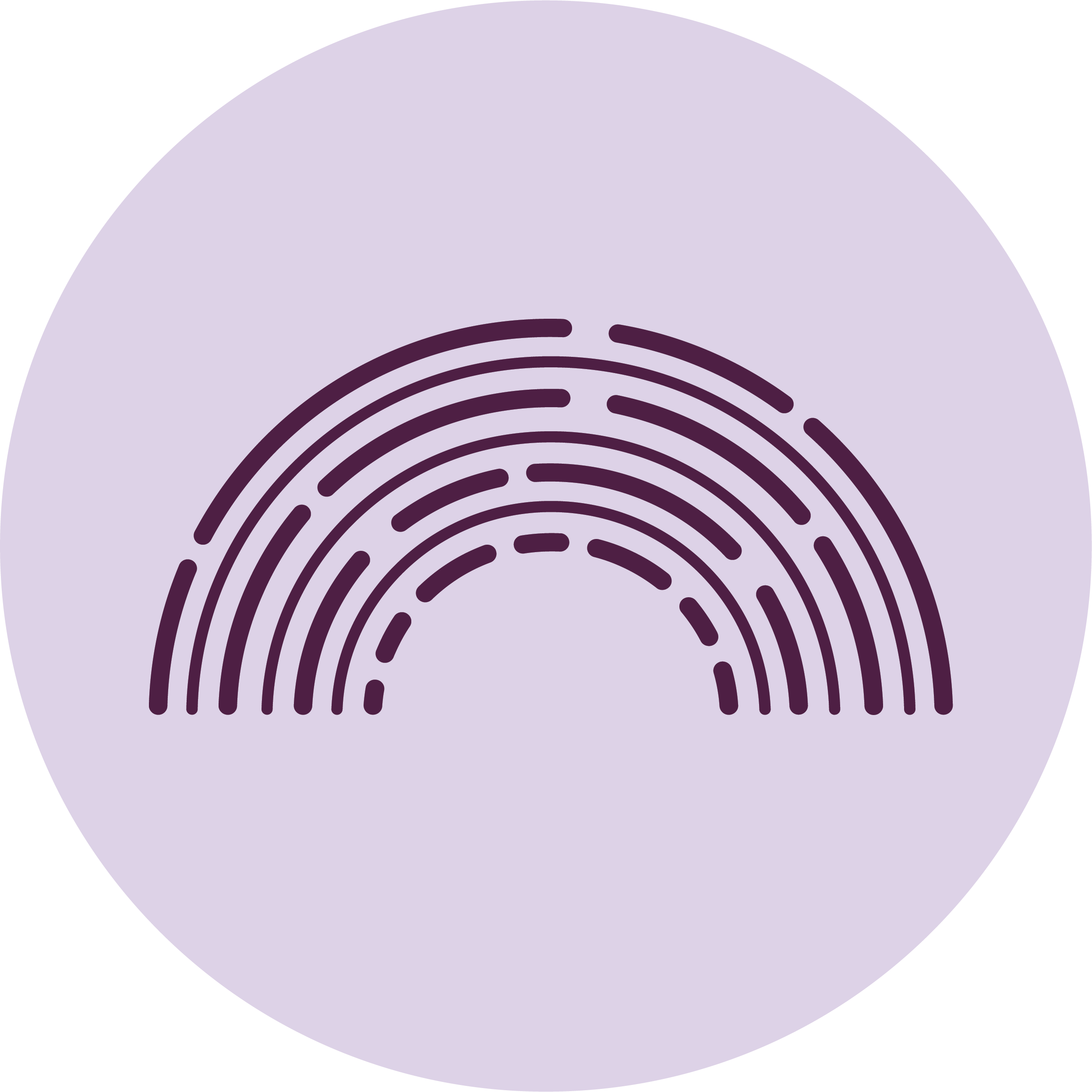
‘INHABITING TWO WORLDS AT ONCE’ REPORT
The 2022 report, “Inhabiting Two Worlds At Once,” is the first comprehensive Australia-wide survey capturing the experiences of LGBTIQA+ forcibly displaced people.
The aim of this survey was to collect information about the experiences and barriers faced by LGBTIQA+ forcibly displaced people in Australia to advocate for more welcoming and inclusive support. The collected data will be used to push for better support for LGBTIQA+ forcibly displaced people because, as LGBTIQA+ displaced individuals, we remain unseen and unheard in Australia, where we deserve equal opportunities to call this country home.
The development of the survey was funded by the ACT Government Office of LGBTIQ+ Affairs, and parts of the analysis were supported by the Department of Home Affairs. The ethical aspects of this research have been approved by the ANU Human Research Ethics Committee (Protocol 2022/326).

Explore key findings
The “Inhabiting Two Worlds at Once” report looks at the experiences of LGBTIQA+ forcibly displaced people in Australia. It focuses on important areas like health, mental health, education, jobs, social services, legal help, discrimination, community connections, homelessness, violence, the impact of COVID-19, and food insecurity.
The overall message is clear:
LGBTIQA+ forcibly displaced people are not getting fair treatment or equitable outcomes when it comes to settling in Australia.
These findings show that we need to give more targeted support and be more inclusive for LGBTIQA+ forcibly displaced people. It’s important for policymakers, healthcare providers, educators, and employers to address their needs in health, education, and jobs, while also fighting discrimination and making services and communities more welcoming.
Summary of findings
The summary of findings highlights persistent inequities and barriers for LGBTIQA+ forcibly displaced people compared to their LGBTIQA+ or migrant/refugee peers.
mental and physical health outcomes are low
- On a scale of 1 to 100, the average mental health score was 56, showing serious concern. The scores were even lower for displaced individuals with disabilities (32) and trans individuals (48).
- The average physical health score was 73 out of 100, but there were differences among various groups.
- About 27% of participants said their overall health got worse after arriving in Australia.
- 12% of participants hadn’t seen a General Practitioner (GP) at all, partly because they aren’t eligible for Medicare.
- 33% of participants faced discrimination in the health system, including misgendering, racism, and homophobia.
access to support services is not readily available
- Participants mainly tried to access mental health services, general health services, LGBTIQA+ organisations, refugee support, and peer groups.
- Participants reported difficulties in accessing services due to uncertainty about LGBTIQA+ inclusivity, lack of awareness, concerns about cultural competence, and not perceiving a need for services.
- 67% of participants experienced discrimination when trying to access services.
Homelessness and housing discrimination remains high
- About 35% of participants experienced homelessness, with an average duration of 4.5 months.
- The main reasons for homelessness were financial stress, unemployment, and insecure visa status.
- 26.8% of participants who were homeless faced barriers to housing services due to visa issues.
- About 50.8% of participants faced discrimination in housing, including racism, homophobia, and transphobia.
Discrimination is widespread across all areas of life
- 69% of participants faced discrimination based on their LGBTIQA+ identity, and 85% experienced racism and discrimination due to their migration status. Additionally, 15% encountered ableism.
- Many participants did not report discrimination due to fear of repercussions, lack of awareness, or concerns about their visa status.
- When complaints were made, they often resulted in no change or negative outcomes.
Sexual and gender-based violence is highly prevalent
- About 60% of participants experienced violence in Australia, much higher than the national average of 4.4%.
- The most common forms were emotional and verbal abuse, followed by sexual harassment, physical violence, LGBTIQA+-related abuse, property damage, and sexual violence.
- Four participants experienced sexuality and gender conversion practices in Australia, including two in Victoria, where these practices are illegal.
- Three instances of FGM were reported before arriving in Australia, involving two trans men and one non-binary person. One instance of FGM was reported in Australia, involving a trans man.
- Perpetrators of sexual violence were often known to victims/survivors
- Only 17% of participants sought support after experiencing violence, mainly turning to counselling and friends.
Recommendations
The report findings call for reforms in how supports are provided to LGBTIQA+ forcibly displaced people.
Recommendations For the government
- Enhance Data Collection: Improve national data collection practices regarding sexual orientation, gender identity and sex characteristics of migrants and refugees to better understand the needs and challenges faced by LGBTIQA+ forcibly displaced individuals. This data should inform policy development and resource allocation.
- Fund Research: Allocate funding for research specifically focused on the experiences and barriers encountered by LGBTIQA+ forcibly displaced individuals in Australia. This research can provide valuable insights for crafting targeted policies and interventions.
- Ensure Healthcare Access: Address the limited access to healthcare for some individuals by exploring ways to expand access to General Practitioners (GPs), especially for those ineligible for Medicare. Consider policy changes to ensure equitable healthcare access.
- Enforce Anti-Discrimination Measures: Strengthen state and national legal provisions against harassment, discrimination, and vilification based on race, sexual orientation, gender identity, or sex characteristics. These measures should provide robust protection for this community.
- Recognise Previous Education: Review and streamline processes for recognising qualifications obtained by individuals outside of Australia. Reducing recognition costs and simplifying documentation requirements can facilitate better access to education and employment opportunities.
- Mandate Inclusivity Training: Mandate training programs for settlement support workers to equip them with the knowledge and skills to support the unique needs of LGBTIQA+ refugees and asylum seekers effectively.
- Provide Multilingual Resources: Encourage LGBTIQA+ support services to provide resources in languages other than English. Ensure adequate funding for translation services and establish cross-referral pathways for newly arrived LGBTIQA+ youth.
- Ensure Meaningful Participation: Involve LGBTIQA+ forcibly displaced people in the development of policies and programs that affect their lives. Ensure their meaningful and continuous participation in decision-making processes.
- Ensure Inclusion of LGBTIQA+ Issues in Migration and Multicultural Policies: It is vital to ensure that LGBTIQA+ issues are explicitly integrated into migration and multicultural policies, emphasising their intersectional experiences.
- Fund LGBTIQA+ Refugee-Led Organisations: Allocate funding to support and empower LGBTIQA+ refugee-led organisations. These organisations play a pivotal role in providing culturally sensitive and relevant assistance.
Recommendations for Services
- Provide Tailored Services: Continuously provide tailored support services for LGBTIQA+ forcibly displaced individuals, including young people. These services need to be equipped to address specific needs for these communities.
- Adopt Inclusive Policies: Develop internal policies within migrant and LGBTIQA+ support services to promote the safety and inclusion of LGBTIQA+ forcibly displaced people. Commit to service access irrespective of one’s migration status.
- Offer Cross-Referral Pathways: Establish cross-referral pathways between LGBTIQA+ support services, migrant support services, and other relevant service.
- Ensure Language Accessibility: Ensure that support services are aware of the linguistic diversity within the community and provide resources and information in languages other than English. Invest in translation services to facilitate communication.
- Provide Support for Homelessness: Address the unique challenges faced by LGBTIQA+ forcibly displaced individuals who experience homelessness. Develop targeted housing and support programs that consider visa status and other barriers.
- Promote Mental Health: Focus on mental health support, given the concerning mental health scores reported. Provide accessible and culturally sensitive mental health services, in particular addressing the needs of individuals with disabilities and trans people from displaced backgrounds.
- Provide Education Support: Collaborate with educational institutions to create a more inclusive and supportive environment for LGBTIQA+ students. Offer guidance and resources to help students navigate discrimination and challenges.
- Run Anti-racism Training: Equip staff in support services with anti-discrimination and anti-racism training to ensure respectful and inclusive treatment. This training should emphasise cultural competence and awareness of LGBTIQA+ issues.
- Invest in Community Building: Foster community connections and inclusivity by organising events, peer support groups, and initiatives that encourage a sense of belonging among LGBTIQA+ forcibly displaced individuals.
- Provide Support from Violence: Provide comprehensive support for survivors of violence, including counseling services and awareness campaigns to encourage reporting. Ensure accessible pathways to support after experiencing violence.






